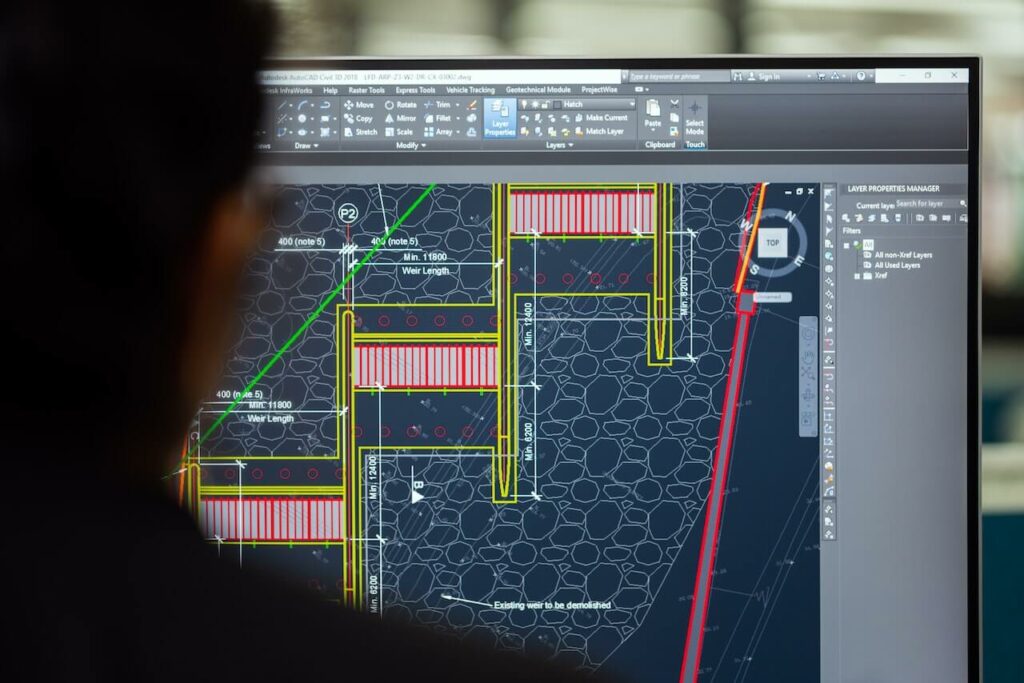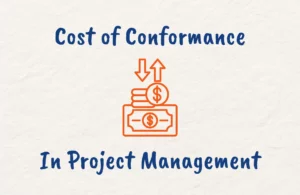It gets very easy to get bogged down with lots of details and complexities when managing projects. This is even more evident when dealing with large or mega projects.
Important facets of project management like planning, scope detailing, schedule, cost, and resource estimation become cumbersome and difficult to accomplish.
As a project manager, you need to find solutions to complex problems to create value using techniques and methodologies tailored to your project.
Decomposition in project management is one technique used to help the project team to become more effective and productive.
As the name of this technique implies, decomposition in project management involves breaking down the project into smaller pieces that are more manageable so as to make one mega project become like a number of smaller projects.
Learning about decomposition in project management will allow you as a project manager to weigh the benefits and disadvantages of the nature of your project.
Then you can decide if it will fit into the project and increase the chances of successfully managing the project and meeting organizational goals.
In this article, we discuss what project decomposition entails, its advantages, disadvantages, and tips to effectively harness this technique.
What is Decomposition in Project Management?
Decomposition in project management is the process of dividing a project into smaller portions often called deliverables.
It is especially useful when managing large or mega projects but the technique is applicable to most projects across various domains.
This project decomposition makes it easier to estimate and assign these deliverables and tasks thus making the workflow more manageable from project initiation, planning, execution, monitoring and control, to closing.
Team members complete the steps within the decomposed workflow as they complete tasks associated with their deliverables, working toward the eventual completion of an entire project.
Such components are frequently organized hierarchically, based on the importance of each task or the required order of completion.
Breakdown structures are a useful tool for decomposition, and a work breakdown structure (WBS) can be used to show the hierarchy of the deliverables and work packages.
Note that decomposition is an ongoing process and as the project is decomposed into deliverables, these deliverables are further decomposed into activities and tasks.

Read Also: How to Avoid Gold Plating in Project Management
The Importance of Decomposition in Project Management
As earlier stated, decomposition makes projects a lot more manageable. Whether large or small projects, project decomposition has a role to play in project management.
Decomposition in project management is especially important when it comes to estimating project schedule, costs, and resources.
This is one of the most important techniques in the Scope Management section of the PMI’s Project Management Professional (PMP)® exam
Smaller chunks of work are easier to estimate than large ones. With project decomposition, it becomes easier to estimate and manage the entire project chunk by chunk

Advantages of Project Decomposition
There are lots of benefits that come with using the decomposition technique in managing projects. Some of the top advantages include:
1. More Accurate Schedule, Resource, and Cost Estimates
As a project manager, you can estimate the project cost and time of an entire project by estimating the time and cost it takes to complete each deliverable within a project, as well as the resources required.
Based on the complexity of tasks involved with each step in the process, estimating parts of a project may be easier than estimating the entire project.
For example, imagine a software development project with lots of features. It is easier to estimate the schedule, resources, and budget to develop each feature rather than trying to estimate the entire software product.
The total estimates for all the features of the product become the overall estimate for the product and this enhances accuracy.
2. Project Planning Assistance
Project planning is one of the most important phases in the project management life cycle. If the project planning is not gotten right, the project execution and success are already in jeopardy.
With project decomposition, you can plan specific actions associated with each deliverable that contribute to the overall completion of a project by decomposing it.
This level of specificity contributes to a well-defined plan, which increases project efficiency.
Furthermore, all team members working on a project that employs decomposition strategies have clearly defined responsibilities for each deliverable, which guides their behavior and aids in individual planning.
Read Also: Top benefits of Agile Project Management
3. Improved Management Capability
Project decomposition enables you as a project manager to direct the project team, monitor their progress, and ensure that tasks associated with a long-term goal are completed.
It becomes easier to can provide detailed instructions on how to effectively complete assigned tasks as you can assign specific tasks to team members.
Also, you have the benefit of setting more realistic goals and deadlines for the team, as well as monitoring them as they complete those tasks to identify potential issues or risks, as well as notable successes.

Disadvantages of Project Decomposition
Just like almost everything, there are some cons to using the project decomposition technique. The onus lies on you as a project manager to properly evaluate your project, before deciding if this technique will be beneficial.
Some of these disadvantages include:
1. Requires Extensive Teamwork
While teamwork and collaboration are what every project manager dreams about to successfully deliver valuable projects and products, when it comes to project decomposition, it may seem to demand more of this teamwork and interdependence.
Project decomposition requires a well-organized team to be successful. Each team member works concurrently to complete deliverables, many of which must be completed before the team can move on to the next set of deliverables.
2. Reduced Independence
Independence and the absence of micromanagement is the dream of most project team members. This independence for the project team members can help them take greater responsibility for the project’s success and keep them motivated.
Project decomposition frequently limits team members’ ability to work independently on projects.

Read Also: Kill Point in Project Management
Tips for Decomposition in Project Management
While lots of projects vary across different domains, the process of project decomposition has some broad strategies to help project managers decompose projects effectively. Some of these tips include:
1. Definition of Scope
The scope of a project is a detailed outline of what the project is about, what is in the project scope, and what is not. It includes the project goals, deliverables, tasks, and deadlines.
By properly defining the project scope, it becomes a guide to the project team on the totality of the project work to be done.
It is key to properly define the scope of the project before the project can be decomposed into smaller chunks.
2. Identify Project Deliverables
With a fully defined project scope, it becomes easier to identify the project deliverables or milestones. It is these deliverables that will be further decomposed into tasks and activities to enable a more manageable project.
3. Use a Work Breakdown Structure WBS
Haven identified the project deliverables, an important tool to use is the Work Breakdown Structure (WBS). This is a visual representation of the entire project broken into deliverables and ordered according to their importance.
This tool is key to further project decomposition of the deliverables.
4. Estimate Schedule, Cost, and Resources
One core benefit of decomposition is project management is getting project estimates.
Now that the project has been decomposed into deliverables, tasks, and activities, it is easier to estimate the schedule, cost, and resources for the individual deliverables.
With this, the estimates for the entire project can be gotten from the aggregate of the individual deliverables or work packages.
Conclusion
To successfully manage projects, every tool and technique that increases the possibility of success should be harnessed.
Decomposition in project management is important in scope management to break down the project scope into tiny parts that are easier to manage, and estimate.
And for most projects, the advantages happen to outweigh the few drawbacks.





